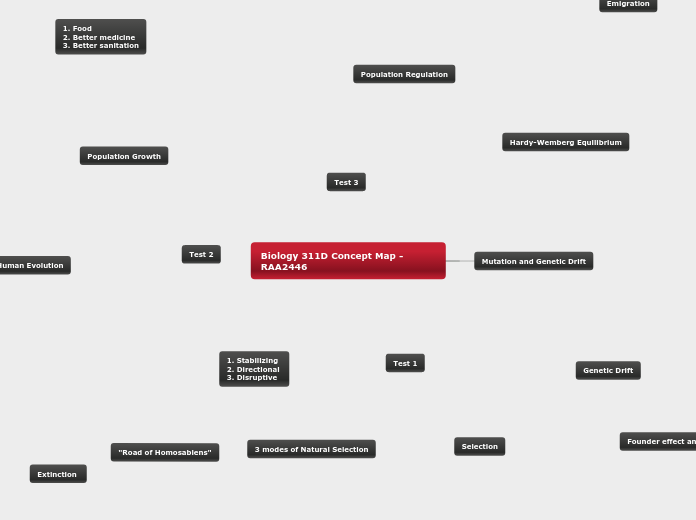realizată de Ramon Alvarez 12 ani în urmă
451
Biology 311D Concept Map - RAA2446

realizată de Ramon Alvarez 12 ani în urmă
451

Mai multe ca acesta